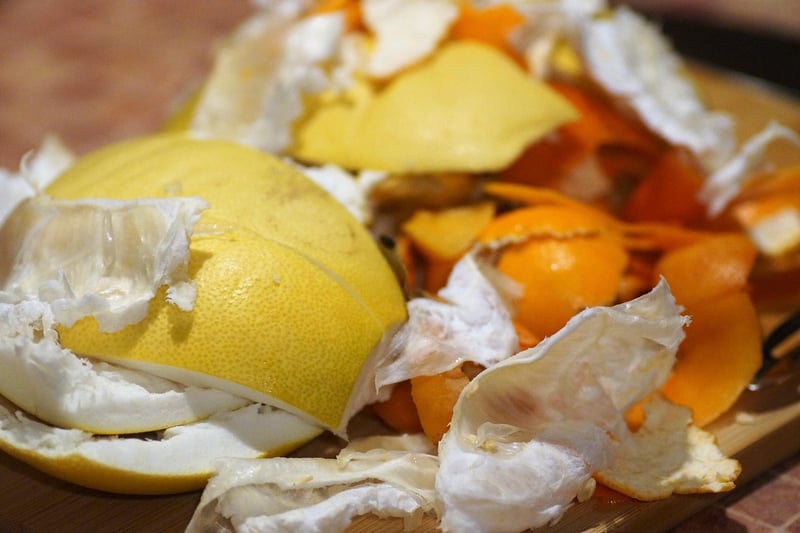Composting Guide
Tools and Information for Success: A Composting Guide
Introduction to Composting
Composting is a sustainable practice that converts organic waste into nutrient-rich soil for your garden. By composting, you can reduce waste, enrich your soil, and contribute to a healthier environment.
Getting Started with Composting
If you're new to composting, here are some essential tools and information to help you succeed:
1. Compost Bin
A compost bin is where the magic happens. It provides a contained environment for your organic waste to decompose. You can choose from various types of bins, such as tumblers, bins with aeration holes, or simple DIY setups.

2. Brown and Green Materials
Composting requires a mix of brown (carbon-rich) and green (nitrogen-rich) materials. Brown materials include dry leaves, straw, and paper, while green materials include food scraps, grass clippings, and coffee grounds.
3. Aeration Tool
To speed up the composting process, you'll need to aerate your compost pile regularly. A pitchfork or compost aerator can help you mix the materials and introduce oxygen, promoting decomposition.
Tips for Successful Composting
- Keep your compost moist but not wet.
- Turn your compost pile regularly to aerate it.
- Avoid adding meat, dairy, or oily foods to your compost.
- Layer your compost with a mix of brown and green materials.
- Monitor the temperature of your compost pile to ensure proper decomposition.
Benefits of Composting
Composting offers a range of benefits, including:
- Reducing waste sent to landfills.
- Creating nutrient-rich soil for your plants.
- Reducing the need for chemical fertilizers.
- Helping to mitigate climate change by reducing methane emissions from landfills.
Conclusion
Composting is a simple yet impactful way to reduce waste and support a healthier environment. By following these tips and getting the right tools, you can successfully compost at home and reap the benefits for your garden and the planet.
